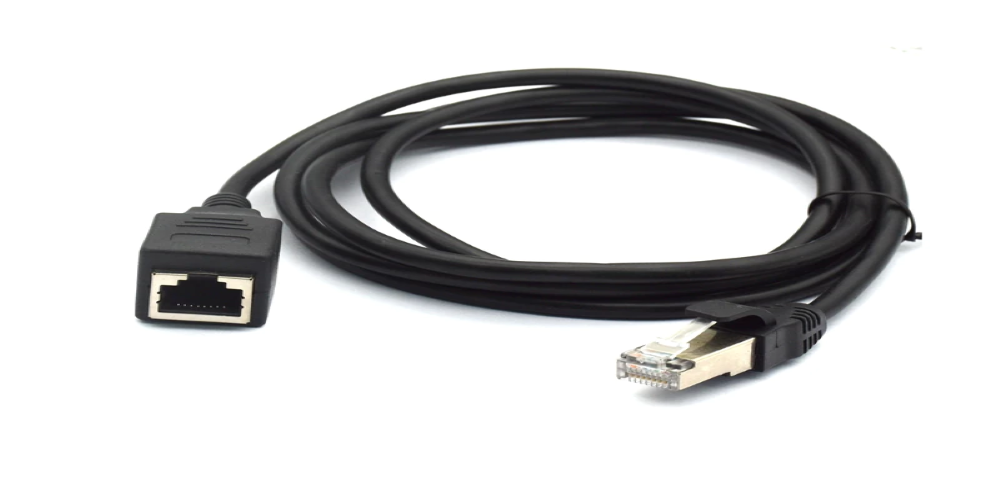Ethernet and Wi-Fi are each great for specific situations, so there is no conclusive answer as to which is best.
Wireless technology is appealing since it doesn’t entail any tethering to specific locations. That means you can move from one location to another, watching movies and playing games without worrying about any cable limiting your movements. On the other hand, while Wi-Fi is needed by some smart devices, it has some issues, such as its range and speed.
The best gaming experience is achieved with a wired Ethernet connection. The speed of wired internet is faster than that of Wi-Fi, but then you’d have to worry about cables littering the floor of your room. Wired devices also don’t allow you to roam freely unless you have a long (and very inconvenient) cable.
As you can see, there are different reasons why one is better than the other. Still, there are more specific reasons why Ethernet is better than Wi-Fi, and we’ll explain some of them below.
Reasons why Ethernet is better than Wi-Fi
Ethernet maintains consistent speed
One factor that makes Ethernet a better option is its consistency and speed. Ethernet signals are more reliable than Wi-Fi connections and won’t fluctuate unnecessarily. Data flow is smooth from end to end, and only your internet and network congestion outdoors can slow it down.
The router, on the other hand, broadcasts internet connections from a limited range. Many factors determine a router’s performance: what generation it supports, the number of antennas it possesses, the number of antennas within your wireless device, and the number of wireless devices connected. Category 7 Ethernet Cable can transmit at up to 10 Gbps (10,000 Mbps) over distances up to 328 feet.
Safety
The Ethernet network is directly and physically connected to the internet. Unlike Wi-Fi, there is no possibility of someone intercepting your banking or email information while you’re connected. Of course, Ethernet connections aren’t 100% safe – the most likely scenario involves a hacker physically connecting to a network and launching malware, but the chances are slim.
Reduced latency
Ethernet’s consistent speed plays a role in latency. It’s a measure of how quickly data leaves your device, reaches its destination, and then returns to you. Gaming requires the minimum amount of round-trip time, which Ethernet offers.
Latency is greater with Wi-Fi because of several factors like where your device is located, the number of other wireless devices accessing the network, and other wireless devices interfering with the network. A steady rate of data transfer via Wi-Fi is not guaranteed, not even over the 5GHz network. The signal could even be lost completely.
Simplicity
All you need to do to create a connection is connect the Ethernet cable to your router or modem and the other end to your computer. You do not need to manually enter the password when connecting to a network. Connectivity problems on your Ethernet can also easily be resolved by rebooting the device or replacing the cable.
Conclusion
While we mentioned earlier that there’s no conclusive answer as to which of either device is better, you can also agree that there are important reasons why you should choose Ethernet over Wi-Fi connection. This is especially true for gamers and people who are very particular about speed.
